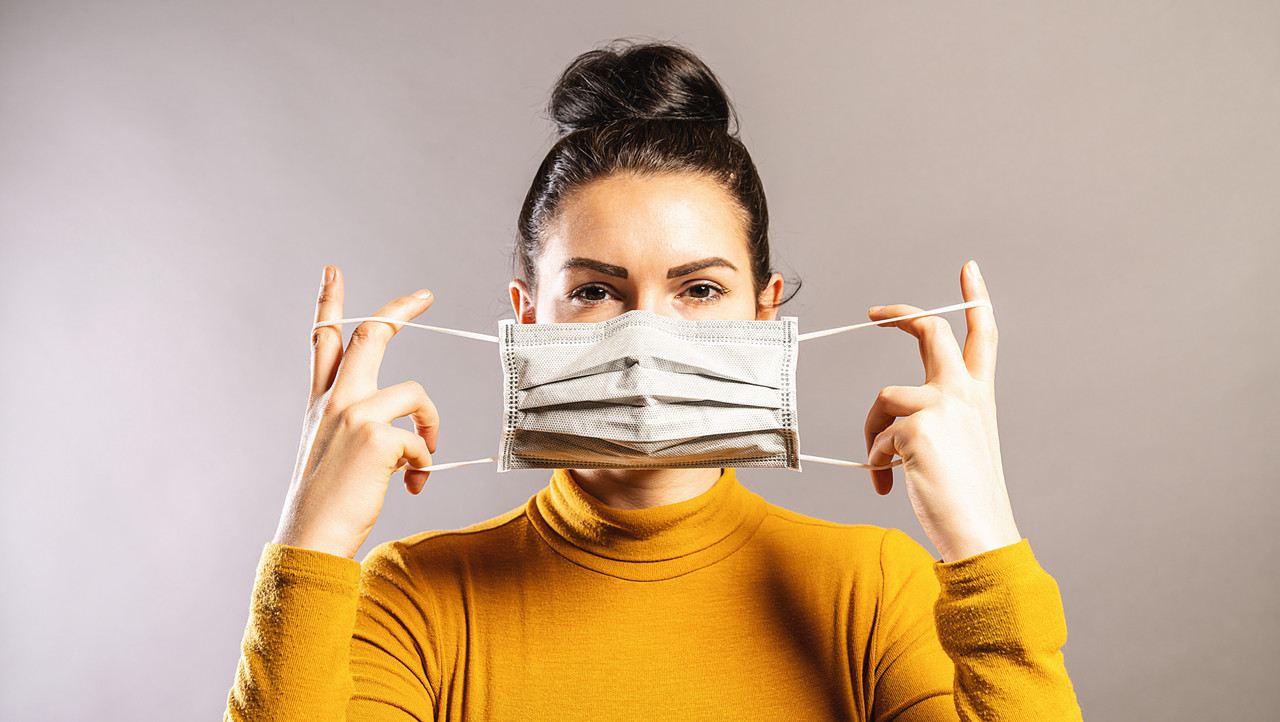While the rate of hospitalisations remains stable--with 48 people in normal care and 19 in intensive care units--7 additional deaths were recorded over the period. The deceased were on average 78 years old, while those hospitalised were on average 48 years old (56 on average the week prior).
Over the seven days, the incidence rate increased from 1,682 cases for 100,000 citizens to 1,848 cases per 100,000 inhabitants. The rate is double that for unvaccinated people (2,807 per 100,000) than for those with a completed vaccine schedule (1,429 per 100,000). Children between 0 and 14 showed the highest growth of infection rate (+77%), followed by the 30-44 year old group (+10%), while the average age for cases registered over the week was 28 year old.
As was the case in the family circle remains the most likely origin of infection (24,2% of cases), followed by travel abroad (6,6%), the workplace (3,6%). In 57,7% of new cases, the source was unclear, says the government’s weekly report.
With the regime being introduced on 15 January, 4,039 people received their first shot while 4,232 received a second one and 39,101 were administered their booster. , the government is encouraging citizens to get the booster as the added dose proves effective against the variant.
Prime minister Xavier Bettel (DP) on 19 January announced
